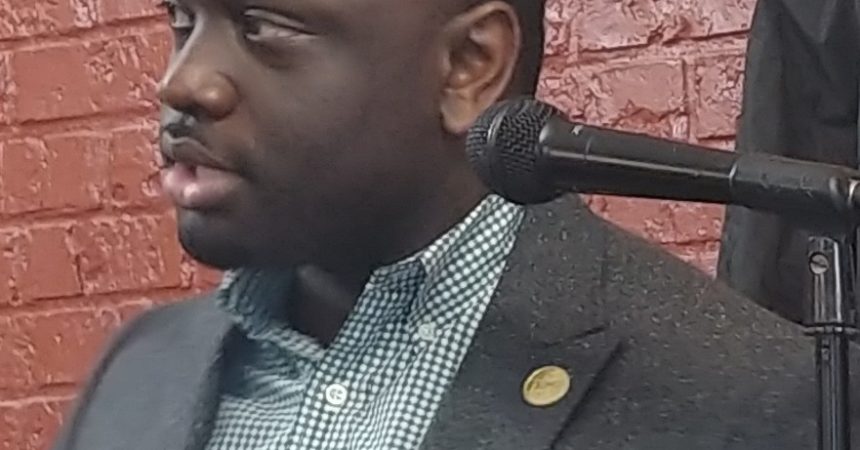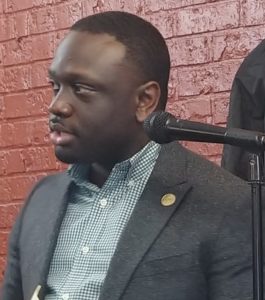
NCAA’s decision brings financial challenge for FAMU, other athletic programs
Now that the NCAA has given a year of eligibility back to senior student-athletes who lost their spring semester to the coronavirus, financing the decision could become a challenge for some schools.
That includes FAMU, and athletic director Kortne Gosha is already trying to figure out how to avoid addition financial burden on the athletic department.
“In some cases there will be a tough conversation about what that needs to look like,” Gosha said during an interview Friday on Round One sports talk show. “But I think we will find a balance as it pertains to the 20-something students that would be affect.”
The NCAA announced last week that its Division I Council voted to restore the season of eligibility that student-students lost. The collegiate sports governing body decided in early March to suspend all sports because of the virus.

FAMU’s athletic director Kortne Gosha says the NCAA made the right decision to reinstate student-athletes’ eligibility.
Photo by St. Clair Murraine
FAMU has a little more than 20 spring sports athletes who are eligible to continue competing if they decide to after graduation this year. The issues is what happens if any of those athletes decide to return and how their scholarships will be funded.
That plus the addition of incoming recruits could make for a hefty price tag for scholarships. However, the NCAA said schools will be able to take advantage of its Student Assistance Fund to pay for scholarships for students who opt for the additional eligibility.
Whether that would be enough remains an issue to be determined. The affected sports are baseball, softball, men’s and women track and field, and men’s and women’s tennis.
“Right now we are waiting patiently to see where the decision goes,” said golf coach Mike Rice, who has four seniors on his team.
Gosha said he hopes to know within 30 days which student athletes are coming back. At the same time, he said the NCAA made the right decision.
“We’re excited and obviously our spring sports student-athletes have an opportunity to compete,” Gosha said in a news release last week. “These young men and women have worked tirelessly in the classroom, to train and perfect their craft and for the opportunity to compete.
“During these unprecedented times, we owe them that and so now we will continue to work to make these situations work to the best interest of our student-athletes.”
The NCAA also expressed a concern about the wellbeing of student athletes.
“The Council’s decision gives individual schools the flexibility to make decisions at a campus level,” Council chair M. Grace Calhoun, said in a news release. “The Board of Governors encouraged conferences and schools to take action in the best interest of student-athletes and their communities, and now schools have the opportunity to do that.”







